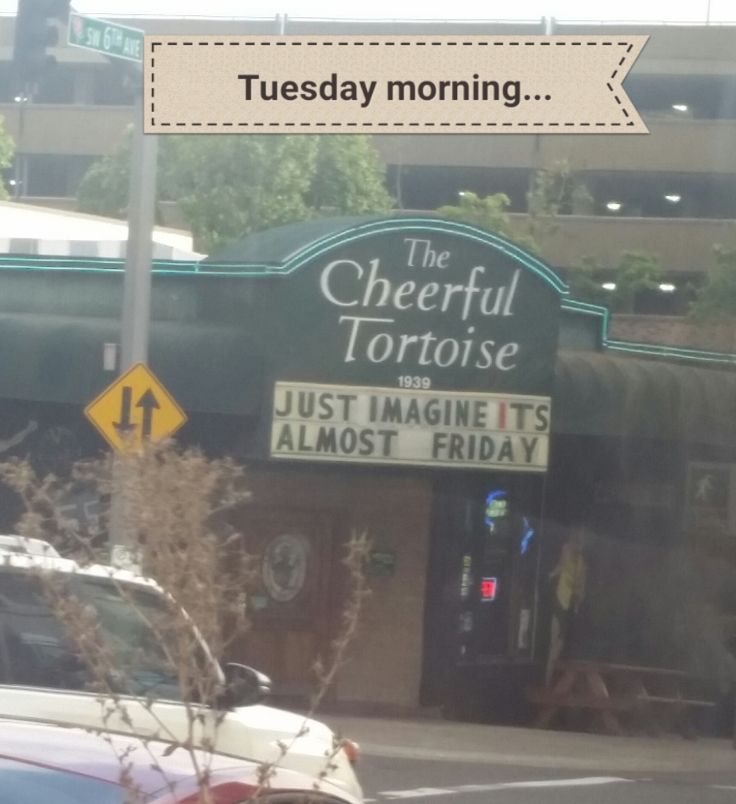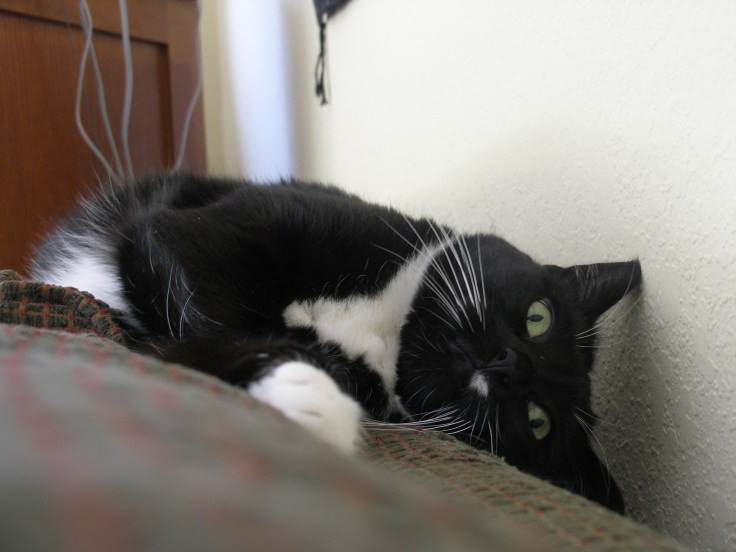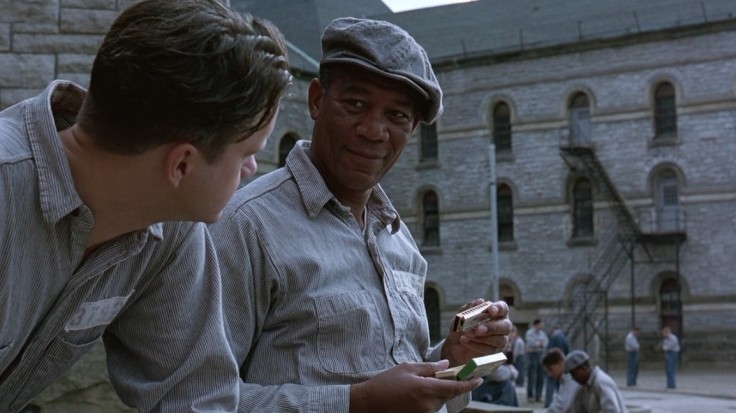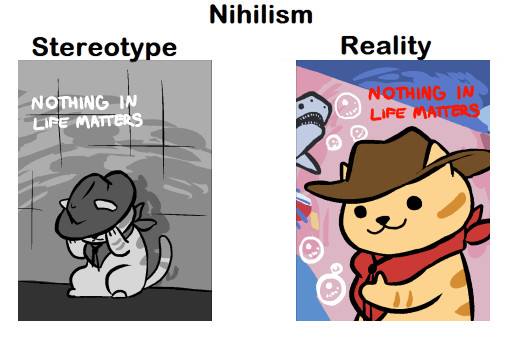I’ve always been a physical weakling. My only athletic skill is balance; yes I can do the “tree pose” in yoga with my eyes closed. While I have aspirations of backpacking, I start to panic when I have to carry more than one shopping bag (I’m not coordinated enough for that isht!). I can pull a muscle while sitting down. So how did I end up lifting heavy furniture for work? The misrepresented job, which I’m realizing applies to most jobs I’ve had.

Exaggerations, withholding information and outright lies; I’ve experienced all of these from employers. I don’t understand it. Why would you get me on board with stuff I’m qualified for, just to throw me into something different that I’m not even good at? I usually tailor my resume for each job application, but it seems like many companies don’t take a second look at their job descriptions, or the information they’re giving people at interviews.
With severely misrepresented jobs, like the one I’m in now, the question becomes: should I try to make it work, or not? Especially with the risk of injury being so high. Starting a job is annoying enough– I freaked out about a drug test being sprung on me, and did all this research about strategies to pass. I went through an orientation involving a video about how to pack every different type of household item in a box, which was paused every two minutes by a manager telling us how he would do it differently. I filled out paperwork. I may or may not have lost my unemployment benefits. And I felt relieved that I could stop searching for a while. That’s probably the most potent thing.
Maybe what’s important to me (feeling like I’m good at my job) isn’t the same as what’s important to employers. I wasn’t very good at my last job either, working at about half the speed as my colleagues. However, my boss seemed to like me and never had anything negative to say about my performance. My boss was a good dude, but to that company (which I should probably give a name– how about “Sufficient Insurance”?) I was just a body. All that really mattered was that I showed up, kept the work moving, and didn’t make any major errors. The same holds true at this moving company. I’m a body. It doesn’t really matter that I’m an inefficient mover or that I could be better used elsewhere, because I show up when I say I will, do what I can within my limited physical abilities, don’t break any vases or offend clients.
I thought physical labor would be better than a desk job, and I guess it is– they do pay the same. But I catch myself just wanting to hear a client’s stories about their artwork or find out how they feel about their dad dying. After my job at Sufficient Insurance, I found that I could get an interview here and there, but mostly for similar jobs where the main skill needed is the ability to endure extreme boredom (which I don’t even have). My heart sank to go backwards, ever further from a job where I would develop what many of us crave– that feeling of mastery.
I used to hold out hope for proving myself and getting promoted out of a misrepresented job and into one where I could really shine, but another thing about these jobs– they also misrepresent any ability to move into a position that might be a better fit. I know my current job is a dead end, although I’ve been thinking about using whatever industry knowledge I gain to start my own moving company– staffed by buff women, because how cool would that be?
I guess I’ll drive the truck.





Recent Comments